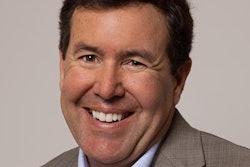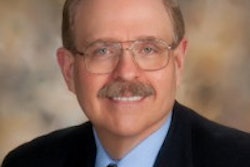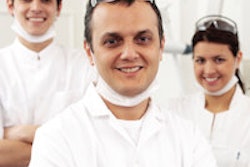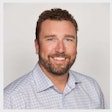
Early on, I knew I wanted to become a dentist. I always knew I wanted to help people achieve better health, and when I realized how much can ride on one's oral health -- both physically and cosmetically -- I realized dentistry was the field for me.
After completing years of prerequisite learning and four years of dental school, I was thrilled by the idea of putting my education into practice by helping children and families in Pflugerville, TX. However, I will never forget the feeling of panic that hit when I fully realized the scope of costs and nonclinical responsibilities involved with opening a dental practice. And I wasn't alone -- today's generation of dental school graduates faces a wealth of financial and logistical challenges unmet by dentists who were starting out decades ago.
Among my concerns: I faced school debt of $250,000 and was looking at start-up costs of $400,000 to open a new practice. I was going to be on my own when it came to reaching out to the community and attracting new patients, marketing my services, and handling the administrative functions of staffing and procuring new office equipment. Not to mention that with our ever-changing federal and state healthcare regulations, I was not sure how the dentistry payment system might change once I even had my start-up funding in place.
Patient-focused practice
Fortunately, I was able to learn about and join a practice supported by a model of care that is helping new dentists avoid many of the common pitfalls associated with starting a solo practice. By providing affiliated dental offices with specialized business services related to accounting, billing, collections, and other administrative tasks, dental service organizations (DSOs) allow new dentists to focus their time on what made them love dentistry in the first place: helping patients.
As opposed to the typical dentist beginning to practice on his or her own with substantial start-up costs, a new dentist affiliating with a DSO can immediately begin practicing and earning income with significantly reduced costs. There is around-the-clock professional support to help successfully manage the business end of a thriving dental practice -- all the while avoiding considerable administrative headaches. In this environment, a new dentist can draw upon a network of leading dentists to provide onsite consultation, workshops, and courses on the latest clinical techniques and technological offerings. And if he or she wants to pursue ownership of the practice, the opportunity is there to do so.
There are also personal benefits to contracting with a DSO. Unlike dentists who, in addition to providing clinical care, have to juggle the management aspects of a practice, my work ends when I leave the office. I don't have the stress of management constantly on my mind. I only need to worry about treating my patients, and working with a DSO allows me to concentrate 100% of my time and energy on them while I am in the office.
This model of care is not just good for dentists -- it's good for their patients, too. Patients are able to more readily access care thanks to DSO-supported practices in vast areas of underserved and rural areas throughout the U.S. Patients receive treatment from top-notch practitioners in offices equipped with the latest technologies.
As affiliations with DSOs continue to successfully expand, I believe we will see substantially positive results when it comes to meeting more patients' care needs, supporting more young dentists, and attracting additional recruits to our profession. By offering assistance in meeting newer practitioners' administrative, financial, and educational needs, this model of care has the potential to make the customary challenges associated with starting out in dentistry a thing of the past.
Benjamin Poest, DDS, is a practicing dentist at Pflugerville Modern Dentistry in Pflugerville, TX, which works in conjunction with Pacific Dental Services.
The comments and observations expressed herein do not necessarily reflect the opinions of DrBicuspid.com, nor should they be construed as an endorsement or admonishment of any particular idea, vendor, or organization.



















